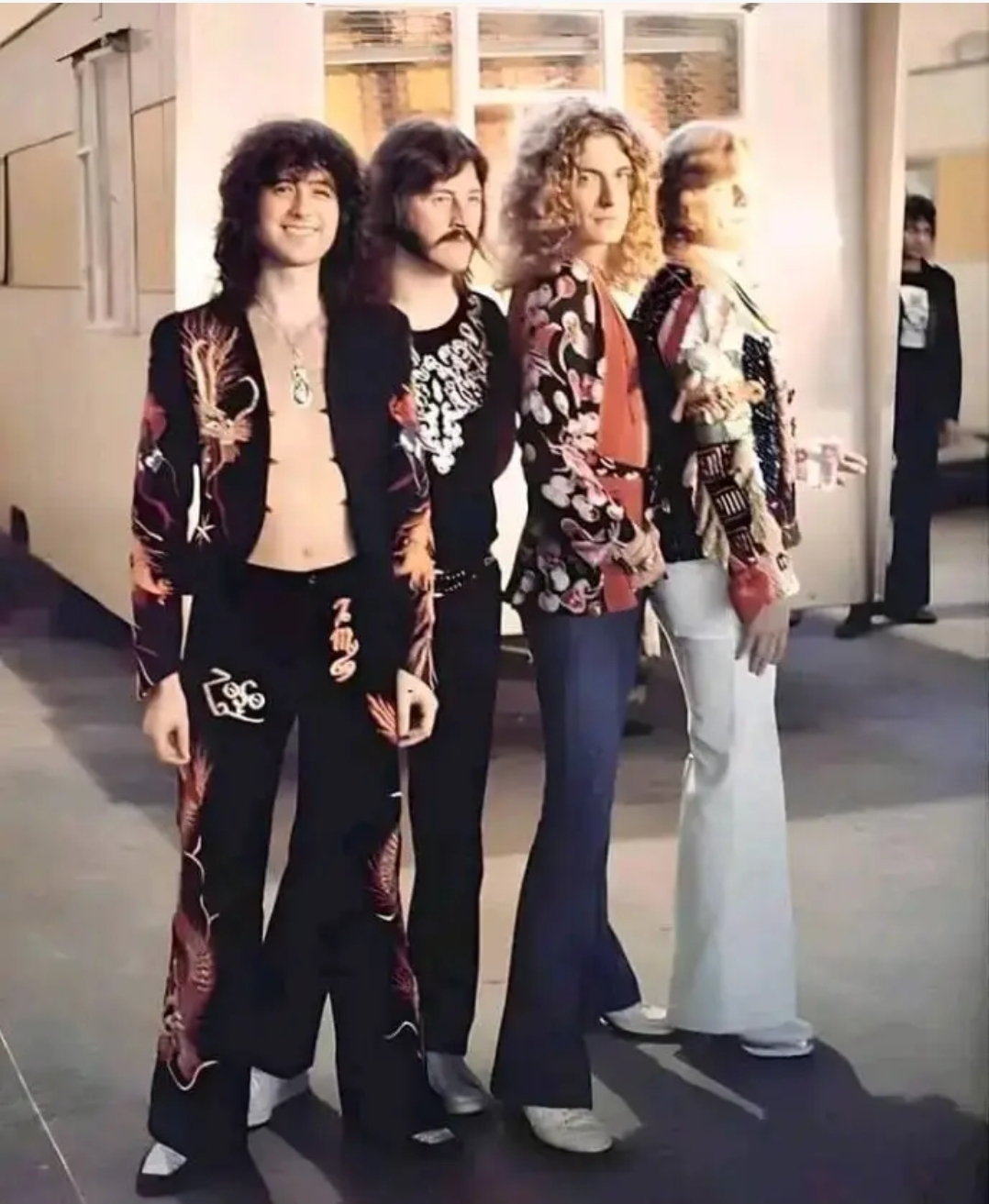
When fans imagine the inner workings of a legendary band like Led Zeppelin, it’s easy to picture a brotherhood forged in riffs, rebellion, and relentless touring. But according to John Paul Jones, the reality was far less romantic — and possibly the secret to their success.
“We got along fine. The thing is, we never socialized,” Jones once said. “As soon as we left the road, we never saw each other — which I always thought contributed to the longevity and harmony of the band. We weren’t friends.”
It’s a surprising admission from the group’s multi-instrumental backbone, but one that sheds light on the professional, almost surgical precision that kept Zeppelin soaring for over a decade. Jones described the band less as a tight-knit gang and more as “workmates” — deeply talented individuals brought together by purpose rather than personal connection.
This distance may have stemmed from their differing personalities. Jimmy Page and John Bonham leaned into the excess and mythology of the rockstar lifestyle, while Jones and Robert Plant were more grounded — drawn to music itself rather than the whirlwind that surrounded it.
“We weren’t like a group that grew up together and made it big,” Jones explained. “Led Zeppelin wasn’t manufactured exactly, but it was put together by Jimmy Page.”
Page, then a seasoned session guitarist, was the architect of the band — selecting each member for their skill, not their camaraderie. And perhaps that’s what made it work: a machine built for music, not friendship.
In an age where band breakups often boil down to clashing egos or broken bonds, Led Zeppelin’s relative emotional detachment might have been a blessing. They weren’t in it to be pals — they were in it to make history.
And they did.
Be the first to comment